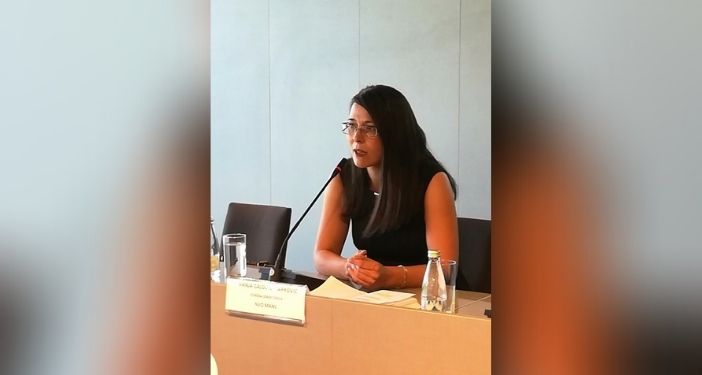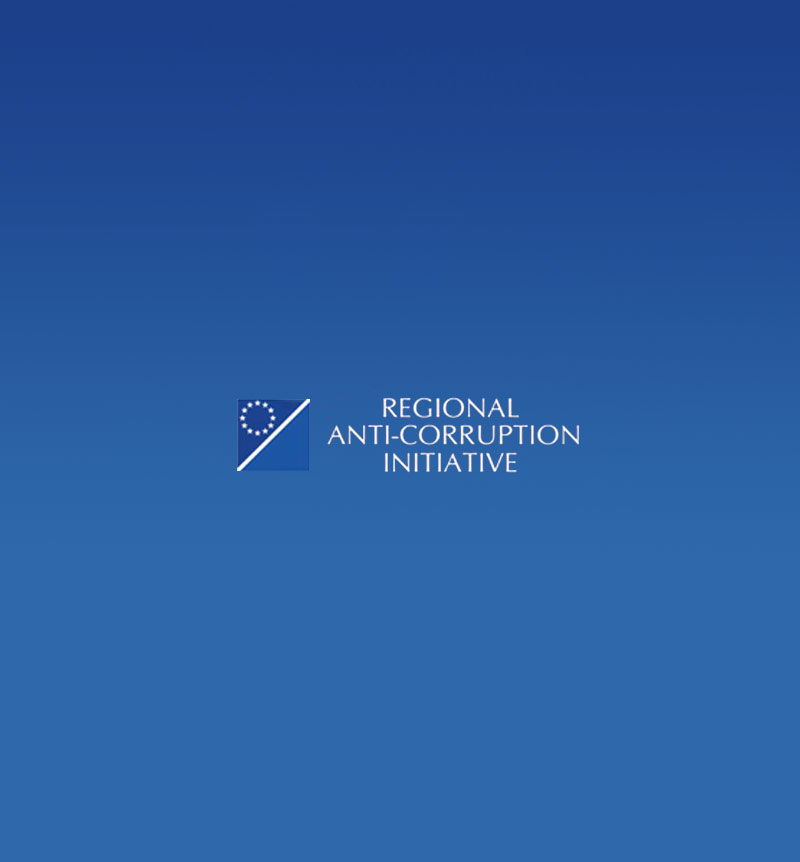- February 17, 2021
- Posted by: Arman Fazlic
- Category: Breaking the Silence - NEWS

The Regional Anti-Corruption Initiative (RAI) in Sarajevo, the capital city of Bosnia and Herzegovina, hosted a two-day webinar series called “Annual Regional Multi-Beneficiary Training on Whistleblower Protection.” The events occurred on February 9 and 11 and were conducted under the European Union (EU) program, “Breaking the Silence: Enhancing the Whistleblowing Policies and Culture in Western Balkans and Moldova.”
The two webinars served as training sessions for public officials from justice ministries and anti-corruption agencies, representatives of EU delegations, and members of civil society organizations involved in whistleblowing support and advocacy, according to the event page. Representatives from Albania, Bosnia and Herzegovina, Bulgaria, Croatia, Kosovo, Moldova, Montenegro, North Macedonia, Romania, and Serbia were present at the trainings.
One of the subjects that the webinars covered was the EU Whistleblowing Directive. Passed in 2019, the Directive (EU) 2019/1937 on the protection of persons who report breaches of Union law compels EU Member States to adopt whistleblower protection laws. The Directive requires that each Member State “bring into force the laws, regulations, and administrative provisions” by December 2021.
The webinars covered the purpose and key requirements of the Directive. A main topic of discussion was the key findings and recommendations of an RAI assessment of the compliance of South Eastern European whistleblower protection laws with the EU Whistleblowing Directive. Member States are to follow “common minimum standards” when creating and implementing whistleblower legislation; however, the Directive also allows member states to “decide to extend the application of national provisions to other areas with a view to ensuring that there is a comprehensive and coherent whistleblower protection framework at national level.” Thus, whistleblower advocates have urged member states such as Latvia to go beyond the Directive’s requirements and create stronger whistleblower laws.


